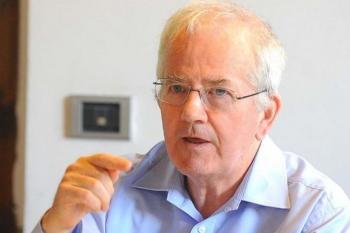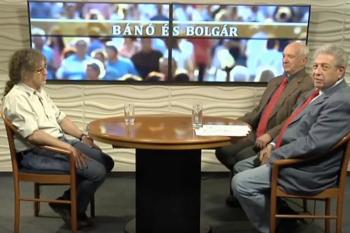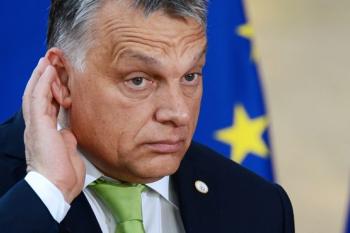On the Introduction of the Euro in Hungary: Let’s Stick to 2010!
The Hungarian Europe Society observes the indecisiveness of the Hungarian government with increasing concern: the “floatation” of the introduction of the euro, already postponed once before and, then, set for 2010; as well as the populism that is simultaneously gaining ground in politicians’ fiscal policy rhetoric in a threatening way.
The dismissal of the publicly announced timing and the convergence programme that leads to the adoption of the single European currency a second time might discredit Hungarian economic policy for the long run in the eyes of both the population and the business, inside and outside the country.
Such bogus options as “either motorway, or euro”, which reveal the mistaken, uncontrolled expansionary fiscal policies in recent years, make unsuspecting, less well-informed citizens face false dilemmas. The European Union provides its cohesion fund to the less developed member states mostly for infrastructural and environmental development exactly to help them to continue these large-scale investments, while cutting the public deficit as it has been prescribed. Should the introduction of the euro vanish into the haze of the distant future due to the aggravated situation of the public deficit, support coming from the cohesion fund could finally be withdrawn, foreign investment might fade away, and we would be left here with our devaluing “national currency” and uncompleted motorway-plans.
Therefore, the Hungarian Europe Society urges the parliamentary parties to adopt a budget with lower spending in the debate over the national budget of 2006, respecting the deficit plan included in the convergence programme, and, at the same time, launching the necessary reforms. In addition, we propose that the Hungarian Parliament enact the timetable of the deficit reduction set by the convergence programme, in order to preclude the competing parties chasing each other into budgetary overspending before the national elections in 2006 and 2010.
To restrict government spending and to enter the euro-zone as soon as possible are neither dictates from Brussels, nor economic political goals in themselves; but these are indispensable prerequisites of a lasting boost of the Hungarian economy and the stable improvement of our living conditions. What’s more, the single European currency would make the feeling of being Europeans really tangible for the Hungarians.
Let us not lose this historic opportunity!
Budapest, 11 October, 2005





